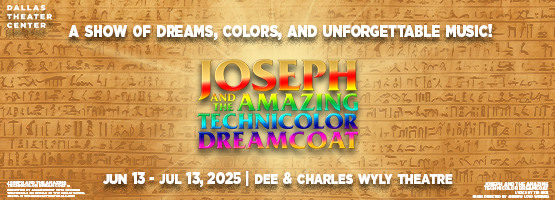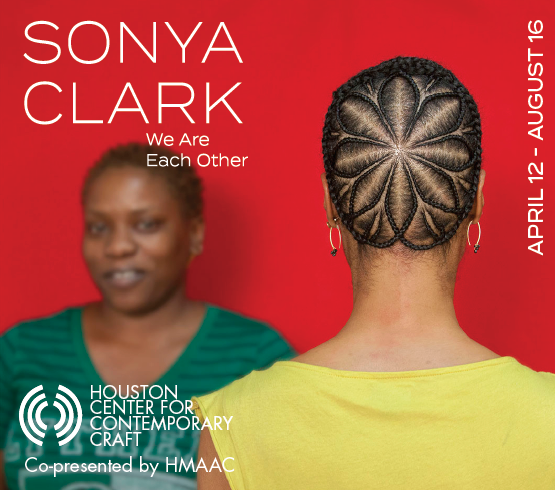After 15 years of mixing the sounds and traditions of classical music with those of musical styles from around the world, the Apollo Chamber Players are opting this season for a different focus: as the main concert series’ label puts it, “Silenced Voices.”
Think of astronomers Copernicus and Galileo, whose discoveries ran afoul of the Catholic Church. Or the legions of artists killed in the Holocaust. Or Aaron Copland, famed for his musical Americana but summoned in 1953 to discuss his politics before the House Un-American Activities Committee. Then you have the likes of J.D. Salinger’s The Catcher in the Rye and Ray Bradbury’s Fahrenheit 451, longtime darlings of book-banners. Battles over science, books, the teaching of history and other hot-button issues continue to erupt.
“I think ‘Silenced Voices’ can really illuminate what’s going on right now,” says Apollo violinist and artistic director Matthew Detrick. “We can explore this subject in a way that’s positive and non-threatening for audiences.”
“Obviously, from all we’re living through now, we’re finding these efforts to ban, censor and marginalize. What we hope people will get from our programming this season is that, yes, this is unfortunate, but in a way, it’s nothing new. Censorship has been going on for hundreds of years in different ways. … America is supposed to be the land of the free, (but) there’s always this push and pull between the forces of freedom and censorship.”
Like Loggins-Hull, many composers boast instrumental skills on top of their creative gifts, Detrick adds, and “the most fun we have in the commissioning process is being able to perform with the composer.” Projects down this line involve “a bit of foresight but also a little risk-taking,” trusting the composer to know best how to capitalize on their instrument.
“I like going to the composer with a germ of an idea, then letting them run with it,” Detrick explains. “I’ve found that’s the best way to get something meaningful.”
A new work by Houston composer Mark Buller will be “more attuned to what’s going on at our current moment” with calls for censorship, Detrick says. As an example of an artist who landed personally in political crosshairs during turbulent times, Apollo will spotlight Copland through his Two Pieces for String Quartet.

1 ⁄6
Apollo Chamber Players; Photo by Lynn Lane.

2 ⁄6
Apollo Chamber Players in Trace of Time, 2023. Photo by Lynn Lane.

3⁄ 6
Apollo Chamber Players; Photo by Lynn Lane.

4 ⁄6
Allison Loggins-Hull; Photo by Rafael Rios.

5 ⁄6
Deborah DEEP Mouton; Photo courtesy of the artist.

6 ⁄6
Composer Joey Roukens; Photo courtesy of the artist.
Apollo joined Miller at Texas A&M last fall to perform his Arctic Rhythms, a work spawned by impressions Miller soaked up when the Sierra Club dispatched him to the Arctic Circle. That score is a mash-up “arranging and feeding off of composers like Beethoven and Vivaldi, and even some Bach (is) in there,” Detrick recalls. “It’s kind of a melange of different styles, with a little hip hop and contemporary pop music, too.”
Detrick thinks the upcoming piece, with Miller chiming in at the turntable, will be in a similar vein. But the planetarium-scale video sprawling overhead will magnify it into “something different for traditional concertgoers, and for (Apollo) as well,” Detrick says. “This will be a little less about us, and more about the theme and the idea.”
Taking the censorship theme in a different direction, former Houston Poet Laureate Deborah D.E.E.P. Mouton will help create a work looking at attempts to rewrite history to downplay Black people’s place in it (Feb. 17). She’ll collaborate with composer Jasmine Barnes, who has been commissioned by groups including the New York Philharmonic, Chicago Symphony and Washington National Opera.
Mouton and Barnes’ new work will feature Mouton as speaker, with Apollo and a vocal ensemble alongside her. Mouton has told Detrick that, to evoke the collision of reality and revisionism, the piece may unfold with her reciting lines of her poetry, then the singers immediately altering them. “I think that has a lot of potential,” Detrick says. The concert also will reprise a piece from Apollo’s 20×2020 commissioning series: John Cornelius’ PAX, based on poetry by Langston Hughes.
Apollo will close its season by recalling composers who have confronted other harsh fates (May 24). Trio à cordes by Dick Kattenburg, a Dutch composer who included tinges of jazz in his music—until his death at Auschwitz in 1944—will pay homage to those who have suffered the ultimate silencing.
Mental illness struck down Romantic-period icon Robert Schumann, but Apollo will salute him through a work from a happier phase: his exuberant Piano Quintet, a chamber-music favorite. Apollo will enlist Turkish pianist Tugçe Özcivan, a doctoral student at the University of Houston’s Moores School of Music, for the dashing keyboard part.
“I’ve never played the Schumann Piano Quintet. I don’t think any of us (in Apollo) have,” Detrick says. “It’s one of those magnificent, standard-bearing works that any musician should perform.” Schumann’s virtuosic music, he adds, will help the group “keep up our chops” in terms of string-instrument technique.
Lest anyone think Apollo has forgotten its world-music roots, the season finale also will include a new work by the young Dutch composer Joey Roukens. As a composer, Roukens “comes from a Philip Glass, quasi-minimalist background,” Detrick says, but this piece takes Dutch folk songs as its jumping-off point.
“I always think it’s interesting, when you give a composer folk songs or melodies, (to see) how they integrate that into their aesthetic,” Detrick says. He adds that Roukens’ new piece “looks very challenging” technically, “so we’re going to start working on that soon.”
A new ingredient in all this is Apollo’s new violist: Aria Cheregosha takes over for Whitney Bullock, who stepped down at the end of last season. A native of North Carolina, Cheregosha studied at the New England Conservatory and The Juilliard School. While her Persian ancestry dovetails with Apollo’s world-music interests, Detrick notes, that wasn’t why the group picked Cheregosha from among the series of violists who tried out last season. He chalks it up to the “group synergy” everyone felt.
“Her passion for music exudes from her playing,” Detrick explains. “She plays with a lot of conviction, and she jells with the rest of our playing styles.”
“This past year was very illuminating, working with violists of many different backgrounds,” Detrick adds. “We—the core members of Apollo—all grew as a result of … working with so many violists of such high caliber. It made us better people, too.”
Last season—Apollo’s 15th—also included the group’s debut at Washington’s Kennedy Center for the Performing Arts, as well as its third appearance at New York’s Carnegie Hall. The Washington audience took in the group’s “Mekong: Soul” program, including dancers and visual artists from Southeast Asia. New Yorkers heard a selection of Apollo’s commissioned works, including Cornelius’ PAX and Chickasaw composer Jerod Tate’s MoonStrike.
“Obviously, New York is the center of the artistic universe in a lot of ways, so you want to get there and perform as much as you can,” Detrick says. “But it was most special to us to feature some of our favorite commissions from the past 10 years. … It was wonderful to bring along some of our collaborators to show New York and the world what we’ve got going on down here.”
-STEVEN BROWN






